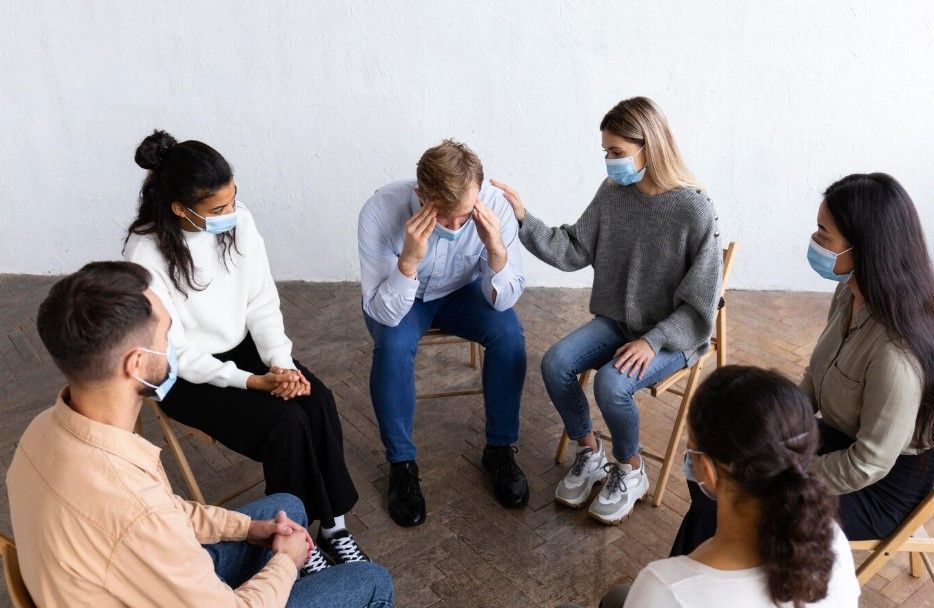Mental Health in 2025: A Turning Point in a Tense World
In 2025, mental health is no longer a peripheral concern—it’s a central pillar of global well-being, policy, and innovation. As the world continues to recover from the psychological aftershocks of pandemics, climate crises, and digital overload, mental health has emerged as both a challenge and a catalyst for societal transformation.

🌍 A Global Snapshot
- 1 in 8 people worldwide lives with a mental health condition.
- Anxiety, depression, and trauma-related disorders remain the most prevalent, with young adults and marginalized communities disproportionately affected.
- The economic toll of untreated mental illness is staggering—estimated at $1 trillion annually in lost productivity.
Despite growing awareness, access to care remains deeply unequal, especially in low-income regions and rural areas.
💡 Innovations Reshaping Mental Health Care
2025 has seen a surge in tech-driven solutions:
- AI-powered chatbots and virtual therapists provide 24/7 support, especially for mild to moderate symptoms.
- Wearable devices track mood, sleep, and stress, offering real-time insights and early intervention cues.
- VR therapy is being used to treat PTSD, phobias, and anxiety through immersive exposure techniques.
- Genetic and neuroscience-based personalization is helping tailor treatments to individual needs.
These tools are expanding access—but they also raise ethical concerns around privacy, equity, and the human touch.
🏥 Integration and Inclusion
Mental health is increasingly integrated into:
- Primary care, with routine screenings and early interventions
- Workplaces, through stress management programs and mental health days
- Schools, where emotional literacy is taught alongside academics
There’s also a growing emphasis on culturally responsive and trauma-informed care, especially for historically underserved populations.
🚧 Persistent Challenges
- Stigma still deters many from seeking help, particularly in conservative or collectivist cultures.
- Shortages of trained professionals continue to plague both developed and developing nations.
- Digital fatigue and misinformation on social media complicate self-diagnosis and treatment.
🌱 A Cultural Shift in Progress
Perhaps the most profound change is cultural: mental health is now part of everyday conversation. Celebrities, athletes, and influencers openly discuss their struggles, helping normalize vulnerability and resilience.
In 2025, mental health is at a crossroads—where innovation meets empathy, and awareness must translate into action. The future of mental well-being depends not just on technology or therapy, but on how we choose to care for one another in an increasingly complex world.
CATEGORIES












